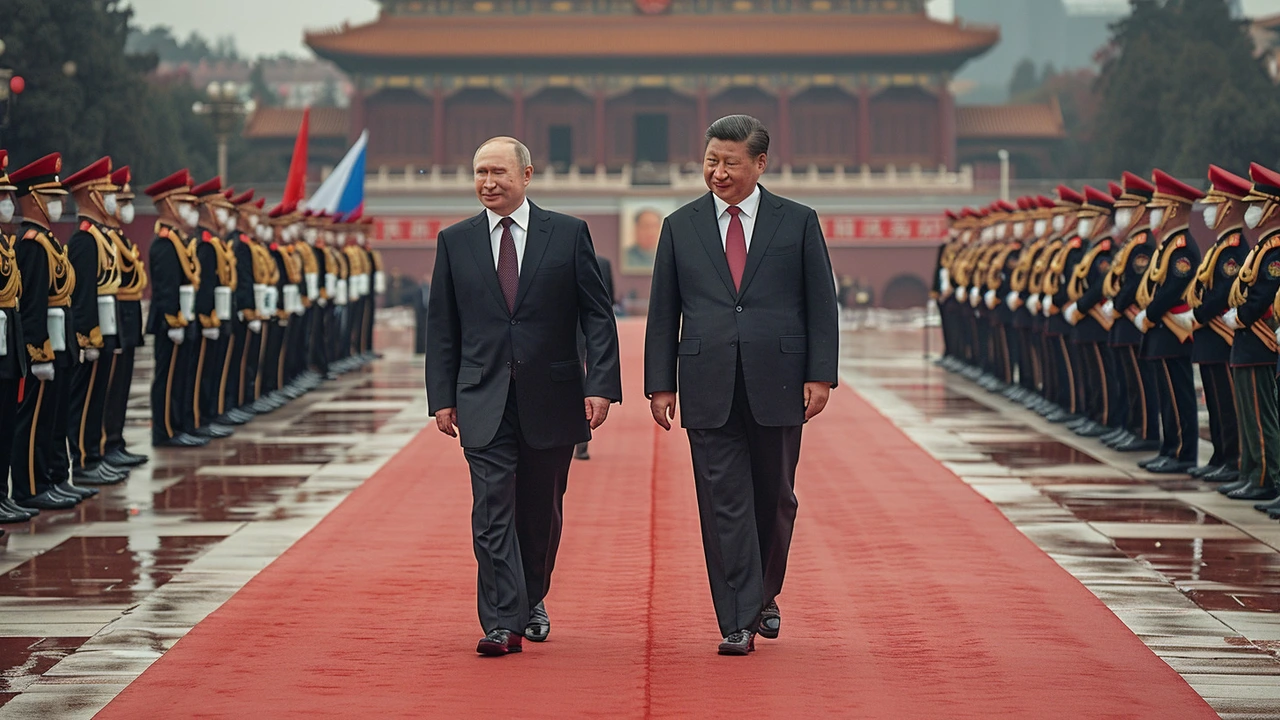Understanding the US-led World Order Today
The term US-led world order refers to the global system largely shaped and maintained by the United States since World War II. This system sets rules on trade, security, and diplomacy that affect nearly every country. Wondering why it matters? Because it influences everything from international peace to economic policies that touch our daily lives.
But the world isn't static. New challenges and players keep reshaping this order, making it essential to stay informed about ongoing changes and their impacts.
Current Global Shifts and US Role
Recently, we've seen the US balancing its traditional alliances with emerging powers on the global stage. For example, technology partnerships and infrastructure projects in Africa are rising, like East Africa's first AI-ready data centre launched by Safaricom and iXAfrica. These steps show how tech development is increasingly intertwined with geopolitical influence.
At the same time, tensions and collaborations between big economic players continue to define diplomacy. High-profile interactions, like the cooled public feud between Trump and Elon Musk, hint at the behind-the-scenes complexity of US influence in policy-making.
Why It Matters to You
Thinking this all sounds distant? Actually, the US-led order shapes global markets, international security, and even the sports and cultural events we enjoy worldwide. From major football matchups like Real Madrid vs. Atletico Madrid to popular global entertainment, this order affects who gets to play, invest, and lead internationally.
Understanding the US-led world order helps you grasp the bigger picture behind news headlines and global trends. Whether it's breakthroughs in AI, significant political reforms in Nigeria, or shifts in global sports, you're seeing threads of a complex global fabric influenced by this system.
Keeping up with these stories means knowing more about how countries cooperate and compete today, giving you sharper insights into the world we're all living in.

Xi and Putin Solidify Alliance, Challenge US Leadership and Boost Military Ties
In a pivotal meeting, Chinese President Xi Jinping and Russian President Vladimir Putin deepened their strategic alliance, targeting the US as a destabilizing force. They pledged to bolster military cooperation, including joint exercises and patrols, while criticizing US-led military alliances. The significant meeting underscored a united front against US dominance.